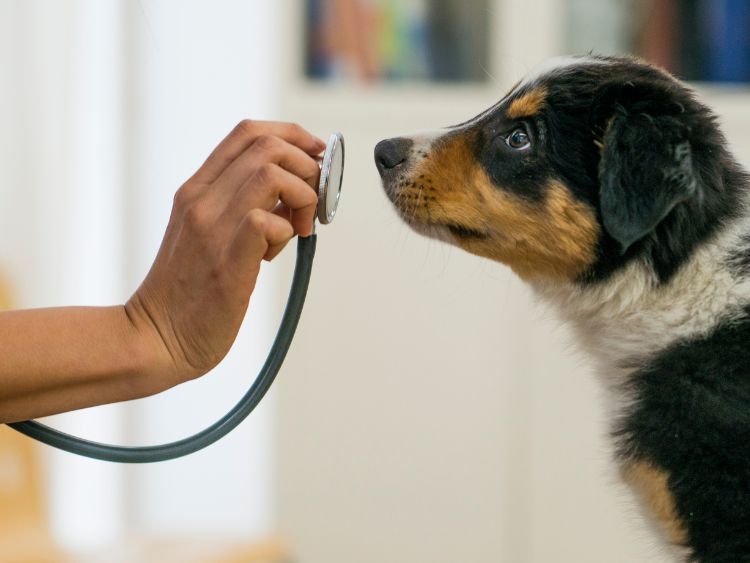Imagine this: It’s the middle of the night, and your beloved pet suddenly falls ill or gets injured. Panic sets in as you wonder, “What should I do?” This is where urgent vet care steps in as a lifesaver. Understanding the importance and knowing how to access urgent vet care can make all the difference in such critical moments. This comprehensive guide will walk you through everything you need to know about urgent vet care, ensuring you’re prepared for any pet emergency.
Understanding Urgent Vet Care
What Is Urgent Vet Care?
Urgent vet care is the equivalent of an emergency room for pets. It’s designed to handle medical situations that require immediate attention but are not severe enough to warrant a visit to an emergency vet clinic. These facilities are equipped to manage a wide range of urgent health issues, providing timely and effective treatment to stabilize your pet’s condition.
Why Is Urgent Vet Care Important?
Our furry friends can experience sudden health issues just like humans. Immediate access to professional veterinary care can significantly impact their recovery and overall health. Here are some reasons why urgent vet care is crucial:
- Quick Response: Immediate attention can prevent a minor issue from becoming a severe problem.
- Expert Care: Veterinarians at urgent care facilities are trained to handle various emergencies.
- Peace of Mind: Knowing that help is available anytime provides reassurance and reduces stress.
Common Scenarios Requiring Urgent Vet Care
Injuries and Trauma
Accidents happen, and pets are no exception. Whether it’s a minor injury from a playful scuffle or a more serious trauma from a fall or car accident, prompt veterinary care is essential.
Sudden Illnesses
Pets can suddenly exhibit symptoms of illness that need urgent attention. These can include:
- Vomiting and Diarrhea: Persistent vomiting or diarrhea can lead to dehydration and other complications.
- Difficulty Breathing: Any signs of respiratory distress should be treated immediately.
- Lethargy and Weakness: Sudden lethargy can indicate underlying health issues that require prompt evaluation.
Poisoning
Pets are curious by nature and might ingest harmful substances. Common poisons include household cleaners, certain foods (like chocolate and grapes), and plants. Immediate treatment is vital to mitigate the effects of poisoning.
Steps to Take in a Pet Emergency
Stay Calm and Assess the Situation
Your pet relies on you to remain composed. Take a deep breath, assess the situation, and determine the severity of the emergency.
Contact Your Vet or Urgent Care Facility
Call your regular vet or the nearest urgent vet care clinic to inform them about the situation. They can provide initial advice and prepare for your arrival.
Safely Transport Your Pet
Ensure your pet is secure and comfortable during transport. Use a carrier for small pets or a blanket for larger ones. Drive carefully to avoid causing further distress.
Choosing the Right Urgent Vet Care Facility
Location and Accessibility
Choose a facility that is easily accessible and within a reasonable distance from your home. Time is of the essence in emergencies.
Services Offered
Ensure the clinic offers a wide range of services, including diagnostic tools (like X-rays and ultrasounds), surgical capabilities, and overnight care.
Reviews and Recommendations
Look for reviews from other pet owners and seek recommendations from your regular vet. A reputable facility with positive feedback is more likely to provide quality care.
FAQs About Urgent Vet Care
When should I take my pet to urgent vet care?
If your pet exhibits signs of distress, sudden illness, injury, or poisoning, it’s best to seek urgent vet care immediately.
What should I bring to the urgent vet care clinic?
Bring your pet’s medical records, any medications they’re currently taking, and a list of symptoms you’ve observed. This information can help the vet quickly diagnose and treat your pet.
How can I prepare for a pet emergency?
Have the contact information of your regular vet and the nearest urgent vet care facility readily available. Keep a basic first aid kit for pets at home and know basic first aid procedures.
Conclusion
Having access to urgent vet care can be a true lifesaver for your pet. By understanding what it entails, recognizing when it’s needed, and knowing how to act in an emergency, you can ensure your furry friend receives the best possible care when it matters most. Always stay prepared and informed to handle any situation that may arise.
Authoritative Links
Here are some useful resources for further reading:
- American Veterinary Medical Association: https://www.avma.org/
- Pet Poison Helpline: https://www.petpoisonhelpline.com/
- Veterinary Emergency and Critical Care Society: https://www.veccs.org/
In conclusion, being proactive and knowledgeable about urgent vet care can save your pet’s life. Keep this guide handy, and ensure you’re ready to act swiftly should an emergency occur. Your pet will thank you for it!



